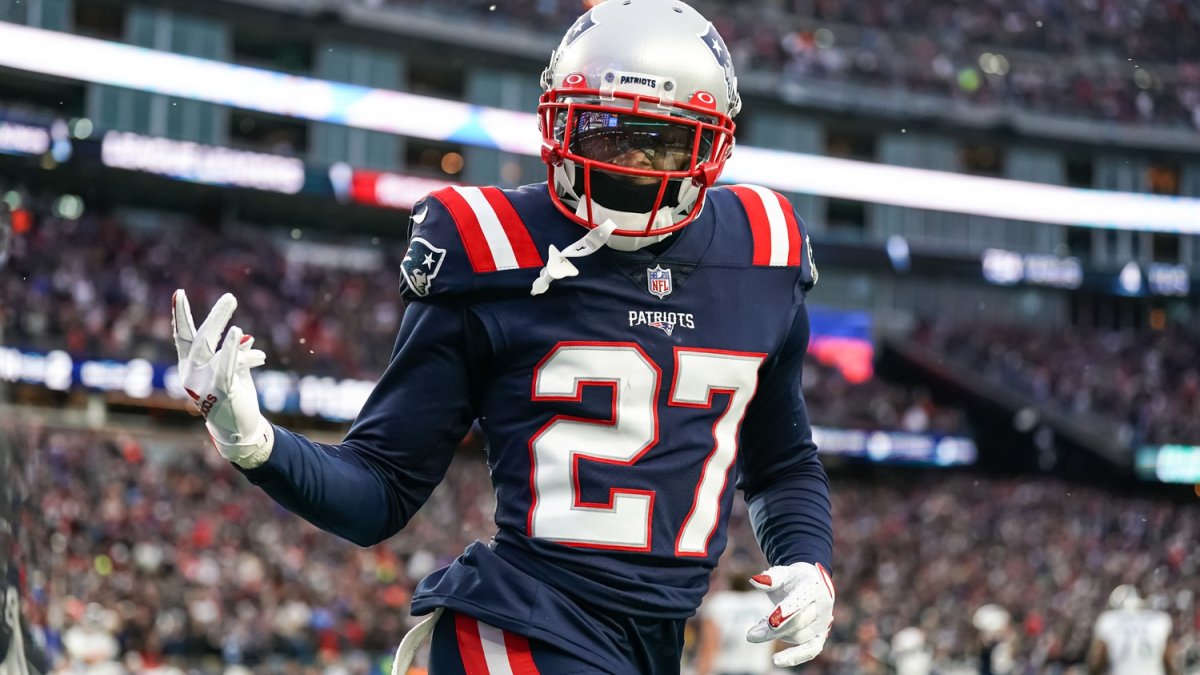With three-fourths of the NFL now watching the playoffs from home like the rest of us, conversations and strategies about improving and/or pivoting their rosters will be ramping up. There are head coaching and general manager vacancies that may extend into and beyond Super Bowl weekend as a handful of squads continue their pursuit of a Lombardi Trophy.
Click here for more PFF tools:
Rankings & Projections | WR/CB Matchup Chart | NFL & NCAA Betting Dashboards | NFL Player Props Tool | NFL & NCAA Power Rankings
Best Bets Tool
There are changes in football happening beyond the neverending game of musical chairs in coaching and executive offices, though. Defensively, as the odd front and split-safety coverage spreads (pun half-intended) back across the league, the archetypes and athletic profiles will adjust in kind. Still, the four-down, Cover 3 era still has breath today, so fans with NFL Sunday Ticket subscriptions can flip from one game to the next and enjoy different flavors and approaches from the 11 players on the field guarding the end zone.
Versatility, both in alignment and skill set, wins the day and will attract lucrative free agent deals in the offseason. With that in mind, we’ll be ranking players in the last year of their deals based on key metrics at each position. This is less about building the ultimate defense out of free agents, dropping players into scheme fits or creating the most comprehensive list of free agent defenders. Instead, the metrics being examined are an exercise in identifying a potential to sustain performance, should a player change teams.
For the purposes of expanding sample size, all players are being measured on a two-year basis. Players at each position must have logged at least 100 snaps over the two years – a low threshold, but one that eliminates any player battling extreme/catastrophic injuries, especially if a player opted out of 2020 due to COVID-19. Also, Wins Above Replacement is a core piece of the ranking, which helps to credit breakout seasons and acknowledge value created by “havoc” plays (sacks, tackles for loss and turnovers).
Interior Defensive Linemen
| Player | WAR Rating (Position Rank) | % of Run Snaps With + Grades | Run-Stop % | Pass-Rush Win Rate |
| Folorunso Fatukasi | .20 (3rd) | 26% | 9% | 7.6% |
| B.J. Hill | .16 (5th) | 21% | 10% | 12% |
| Al Woods | .13 (10th) | 24% | 10% | 8.3% |
| Sebastian Joseph-Day | .10 (15th) | 25% | 15% | 6.6% |
The 2022 free agency class projects to be chock-full of reliable veterans up front, and the interior defensive line will likely have the most talented players around the median. Searching for sustainable performance between the tackles can’t often be quantified by the more traditional defensive metrics — we’ve all heard a coach or commentator explain that great defensive tackles can control a game without registering any tackles at all. Winning reps and finishing plays with tackles (when available) are being measured.
The four players who catch my eye most are a two-to-two split of nose guards and three-technique tackles. Al Woods, who hasn’t logged many snaps in the past two seasons relative to his peers, is still producing at a level comparable to his much younger competition on the market. Sebastian Joseph-Day — another player logging a large share of snaps as a nose — is one of the NFL’s most valuable on-ball defenders without adding much pass-rush production. That’s largely because of how dominant he’s been defeating one-on-one blocks and finishing plays with tackles near the line of scrimmage.
Exclusive content for premium subscribers

WANT TO KEEP READING?
Dominate Fantasy Football & Betting with AI-Powered Data & Tools Trusted By All 32 Teams
Already have a subscription? Log in



 © 2025 PFF - all rights reserved.
© 2025 PFF - all rights reserved.